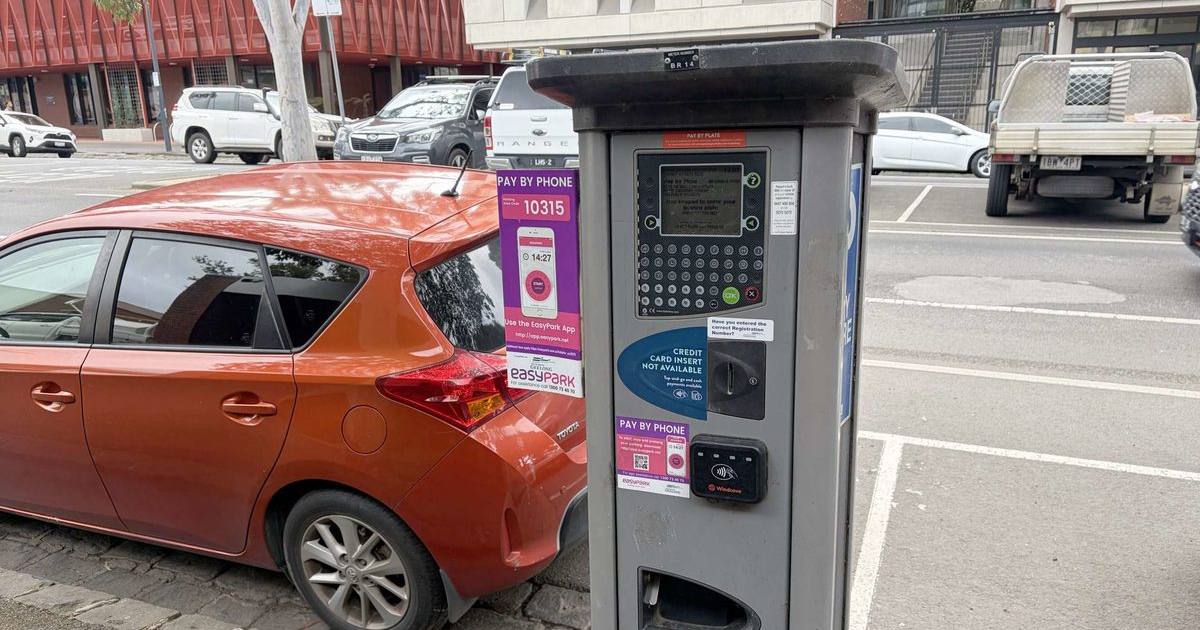Councils join forces to encourage buying recycled goods

Geelong mayor Stephanie Asher, Frankie Say Relax Torquay store manager Kristie Jakson and Surf Coast Shire mayor Libby Stapleton holding tote bags made from 100 per cent recycled bottles and caps. Photo: JAMES TAYLOR
GEELONG, Bellarine and Surf Coast residents are being encouraged to join the circular economy by consciously buying products made from recyclable and sustainable materials.
Surf Coast Shire, City of Greater Geelong and the Borough of Queenscliffe have banded together with other councils across south-west Victoria to raise awareness of the importance of buying recycled.
Councils, together with their communities, are responsible for the management of recycling and waste, and have been educating residents about separating waste and recycling for many years.
The Buy Recycled campaign promotes sustainable recycling habits by establishing a circular economy – not only to recycle but encourage residents to buy items made from recycled materials.
It highlights products made from recyclable material that are readily available in the region, as well as the businesses that stock or produce them.
The campaign website includes an interactive map to help residents find local businesses where they can buy recycled products.
Patagonia in Torquay and Geelong, and Frankie Say Relax in Geelong, Torquay and Queenscliff, are just two of the many local businesses making it easy to shop sustainably and buy recycled.
Patagonia Torquay store manager Andy Lee said selling products made from recycled materials was super important, and Patagonia was moving towards using 100 per cent renewable and recycled materials.
“This season 64 per cent of our line is made with recycled materials, with recycled polyester created from plastic going into everything from shorts, wetsuits, jackets, t-shirts and other gear,” Andy said.
“To give you an idea, 10 million plastic bottles were used in this season’s Black Hole line of bags alone.
“By using both synthetic and natural fibres made from pre-consumer and post-consumer waste, we’re limiting our dependence on raw materials and reducing carbon emissions.
“We know everything we make has an impact on the planet, and the clothing industry contributes up to 10 per cent of the pollution driving the climate crisis.”
Patagonia was the first outdoor clothing manufacturer to transform trash into fleece – and that first jacket, in 1993, even had a green tint from the green soft drink bottles.
“Since then, we’ve been constantly looking into new materials and re-evaluating existing ones,” Andy said.
“As well as the recycled polyester, we have our Netplus partnership to keep discarded fishing gear out of the ocean and instead turn it into recycled nylon.
“It’s interesting because, with ‘recycled’ becoming more popular among brands and in marketing, we actually find we’re getting more and more questions about what ‘recycled’ really means in terms of the product materials and the footprint associated with the recycling process.”
And while many people are just catching on to the circular economy, Patagonia is already offering its own post-consumer recycling program, which diverts well-worn products out of landfills and into a new life.
“Customers can stop by the Torquay store or Geelong outlet to drop off an old product, say a wetsuit or a t-shirt,” Andy said.
“First, we’ll look to repair clothing and gear through our Worn Wear program so you can keep it in play or hand it down – which is always better than recycling.
“If that’s just not possible, we’ll look to recycle the clothing and gear into new materials for new products.”
Visit the Buy-Recycled website and check out the map to find out where you can buy recycled and join the circular economy.

















